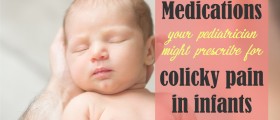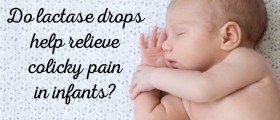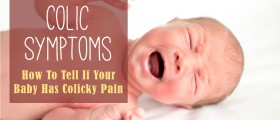
Infant Vomitingand Treatment
The mostfrequent cause of infant vomiting is gastroenteritis, a virus that, though not particularlydangerous, can cause stress for both the infant and its parents. To avoiddehydration, it is advised to administer fluids to the child. It is importantto note that the treatment for a vomiting child that is six months or youngerdiffers from that of a vomiting child six months to one year of age.
Children that are six months or younger aretreated by replacing any lost fluid with a non-flavored, electrolyte solution,such as Pedialyte. It is critical that the electrolyte solution isadministered to the infant, not plain water, by dosing the solution by a couple ofteaspoons every 20 minutes until the child can swallow without vomiting.
While infantsbetween six months and one year of age require a similar treatment plan, a flavoredelectrolyte solution might be required to help the child into drinking the solution. Oncethe infant is able to consume the solution steadily for eight hours, introducingbland foods like crackers and cereals is advised. A normal feeding regime canresume if the infant has stopped vomiting for more than 24 hours. It is alwaysadvisable to consult a doctor or pediatrician before any type of prolongedtreatment.
Occasionallybabies will begin vomiting around the 6th month, though it can occur indifferent time intervals. Checking for gastro-intestinal diseases is paramountif the infant vomits too frequently, and appears ill.
In case thebaby does not seem ill, there is a slight possibility that the infant hasbecome over-sensitive to the mother’s milk, but this is only if the mother hasincluded new foods in her diet.
Most oftenthe reasons for vomiting come from a change in the baby’s diet, including thebaby eating non-liquid foods, trying new foods or taking new medications.Growing a new tooth can also cause the baby to produce more saliva and vomit itout. Cold or allergies can causeswallowing mucus and vomiting, and speedy growth can cause the infant tobreathe more air in when breast feeding, producing episodes of vomiting.
Infants withReflux
If the infant is suffering from reflux,methods of treatment and prevention include breast feeding, preventing exposureto cigarette smoke and reducing coffee consumption. There are cases wherebabies exhibit allergic reactions to the protein in cow’s milk, especially ifthe infants are younger than a year old. Carrying infants in a sling is recommendeddue to the fact babies tend to feel worse when positioned on their back.Finally, any kind of anti-reflux medication needs to be carefully monitored anddosed in regards to the baby’s age.

















Your thoughts on this
Loading...